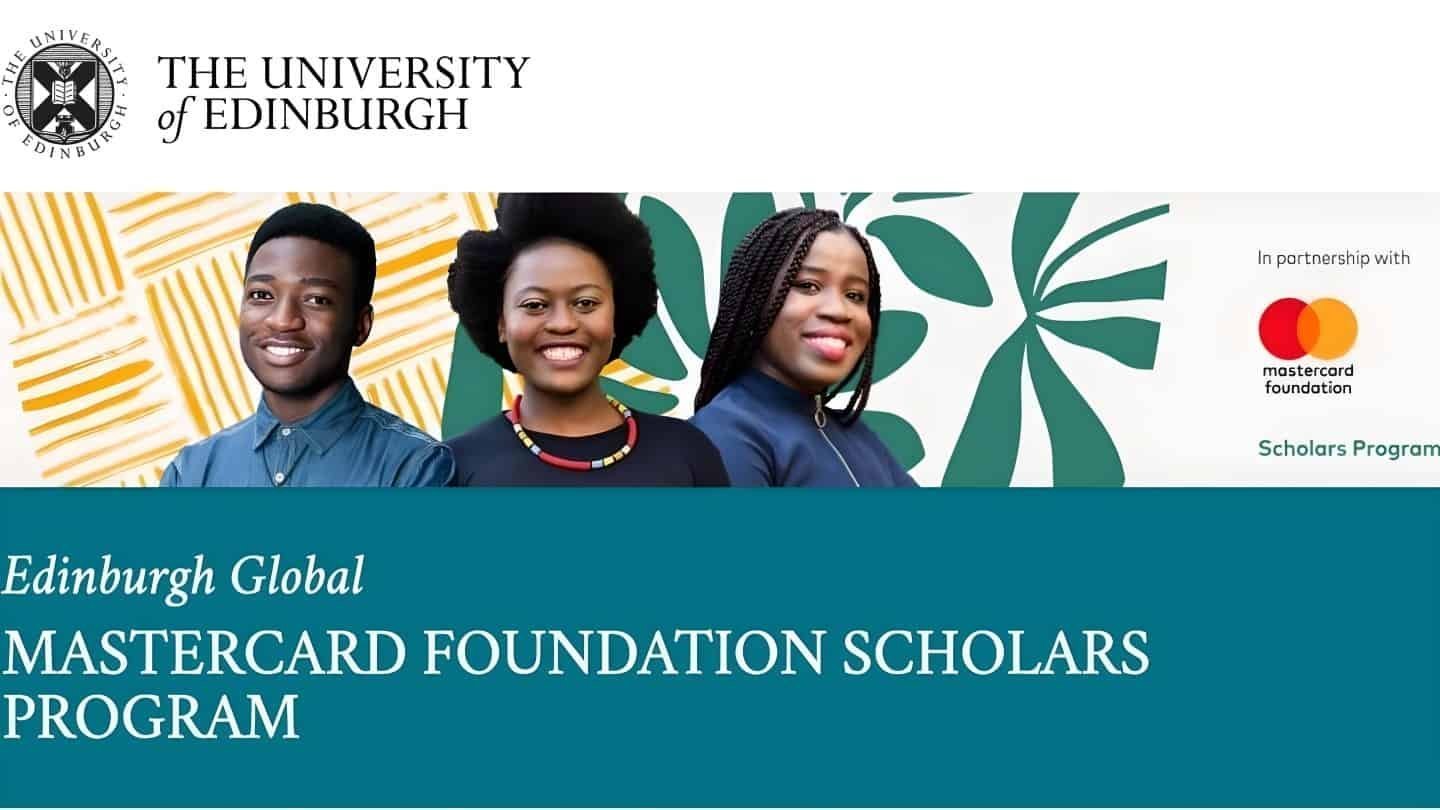Canada Graduate Scholarships 2026 – Doctoral (CGS D) is a golden opportunity for highly motivated students pursuing advanced doctoral research in Canada. If you’re dreaming of a future rooted in discovery, innovation, and national impact, this prestigious scholarship could fund your research and fuel your journey.
At its core, the Canada Graduate Scholarships 2026 – Doctoral (CGS D) program is designed to support high-caliber students undertaking doctoral studies in Canadian institutions. Whether you’re focusing on health sciences, natural sciences, engineering, social sciences, or humanities, the CGS D program helps lift the financial burden and allows you to focus fully on your academic mission.
Did you know? Each year, over 2,500 doctoral students are awarded this competitive scholarship across three major funding agencies—CIHR, NSERC, and SSHRC.
Now let’s dive deeper into what this fellowship entails and how you can become one of its success stories in 2026.
Benefits of Canada Graduate Scholarships 2026 – Doctoral (CGS D)
The CGS D isn’t just about funding—it’s about recognition, academic growth, and doors opening to Canada’s top research communities.
Financial Benefits
- $35,000 per year for three years.
- Tax-free, non-repayable grant—no post-study repayment obligations.
- Research-related travel and conference participation funding (depending on institution).
Academic and Career Advantages
- Enhances your CV and academic profile dramatically.
- Creates opportunities for interdisciplinary and collaborative research.
- Provides access to institutional resources, libraries, labs, and advisors.
International Prestige
- It strengthens your postdoctoral opportunities, both within Canada and abroad.
- Especially advantageous for students looking to settle and work in Canada post-graduation under research-intensive tracks.
Who Can Apply for the Canada Graduate Scholarships 2026 – Doctoral (CGS D)?
Basic Eligibility Criteria
- You must be a Canadian citizen or a permanent resident.
- You must be enrolled in or applying to a doctoral program at an eligible Canadian university.
- Your program must lead to a PhD or a combined MA/PhD, MSc/PhD, or MD/PhD.
Important: CGS D supports research across CIHR (health), NSERC (natural sciences/engineering), and SSHRC (social sciences/humanities). Your application must be aligned with one of these disciplines.
Academic Performance
- A first-class average (as defined by your institution) in each of the last two completed years of study.
- A demonstrated history of research ability, scholarly merit, and leadership potential.
Additional Requirements
- You can apply only once per academic year.
- You must not have already received a CGS D or equivalent tri-agency award.
Learn more from the Government of Canada’s official CGS D page.
Degree Level
Canada Graduate Scholarships 2026 – Doctoral (CGS D) is available to undertake PhD, Research level programs at Canada Universities.
Program of Study Criteria
The doctoral program must be research-oriented and result in a thesis, major research project, or scholarly work that is reviewed at the institutional level. Joint programs that include professional degrees (e.g., MD/PhD) are eligible if they have a strong research component.
Available Subjects
Following subject are available to study under this scholarship program.
- All Subjects
Key Dates for Canada Graduate Scholarships 2026 – Doctoral (CGS D)
| Event | Timeline (Approximate) |
|---|---|
| Opening of application portal | August 2025 |
| Institutional internal deadline | September–October 2025 |
| Final submission deadline | October 17, 2025 |
| Review and evaluation period | November 2025 – March 2026 |
| Notification of decision | April – May 2026 |
| Funding begins | September 2026 |
Always check specific university or department deadlines—they often precede the federal deadline by several weeks.
How to Apply for Canada Graduate Scholarships 2026 – Doctoral (CGS D)
1: Determine Your Relevant Agency
- CIHR – Health-related research.
- NSERC – Engineering and natural sciences.
- SSHRC – Social sciences and humanities.
2: Gather Required Documents
- Academic transcripts
- Research proposal (usually 1–2 pages)
- Reference letters (usually two, from academic supervisors)
- Canadian Common CV (CCV)
- Personal leadership statement (why you, why now, why this research?)
3: Submit Application via Research Portal
Use the Tri-Agency Research Portal to apply.
✅ Pro tip: Use clear, jargon-free language and strong narrative when describing your research. Reviewers from different disciplines will read your application.
What Makes a Winning CGS D Application?
Want your application to stand out? Here’s what evaluators look for:
Evaluation Criteria
| Category | Weight (%) |
|---|---|
| Research Ability & Potential | 50% |
| Academic Excellence | 30% |
| Personal Characteristics & Leadership | 20% |
Tips to Improve Your Chances
- Tie your research to national/international goals (climate change, mental health, AI, public policy).
- Highlight previous publications, internships, assistantships, or thesis distinctions.
- Show how your research benefits Canada—locally or globally.
Institutions That Offer Strong CGS D Support
Here’s a quick look at top Canadian universities known for CGS D success rates and research infrastructure:
| University | Specialty |
|---|---|
| University of Toronto | Health, Law, Tech |
| University of British Columbia | Environmental, Policy, Engineering |
| McGill University | Neuroscience, AI, Humanities |
| University of Alberta | Energy, Sustainability |
| Université de Montréal | Language, Culture, Human Rights |
Pain Points CGS D Solves for PhD Students
- No funding = Abandoned research. CGS D provides 3 years of stability.
- High living costs in cities like Toronto and Vancouver? Covered.
- Worried about recognition or reputation? CGS D opens postdoc doors.
- Trouble networking? Your award status gives you access to top research networks and national symposiums.
Career Paths After CGS D
Graduates with CGS D credentials often move into:
- Postdoctoral fellowships at home and abroad.
- Tenure-track positions in Canadian universities.
- Research-intensive government or private sector roles (Statistics Canada, NRC, Google AI).
- NGO and policy think tanks (e.g., Fraser Institute, The Conference Board of Canada).
Why International Students Should Pay Attention
While CGS D is for Canadian citizens and permanent residents, many institutional scholarships modeled after CGS D are open to international students:
- Vanier Canada Graduate Scholarships
- University-specific funding at UBC, McGill, and Alberta
- Mitacs Globalink for international research internships
Final Thoughts: Is CGS D Worth It in 2026?
Absolutely.
The Canada Graduate Scholarships 2026 – Doctoral (CGS D) isn’t just about money—it’s a mark of excellence, commitment, and promise. If you’re planning to pursue doctoral studies, this could be your moment to fund your future without stress and with the full backing of the Canadian academic ecosystem.
Start preparing now. Talk to your referees early. Begin writing your research narrative. The difference between “maybe” and “yes” often lies in preparation and polish.
🎯 Ready to aim higher? Apply for CGS D and turn your PhD dream into reality.
FAQs
1. Is the CGS D scholarship taxable?
No, the CGS D is a tax-free grant and does not need to be repaid.
2. Can I use CGS D funding abroad?
Generally, CGS D is for use within Canadian institutions only. For international study, consider Vanier Scholarships.
3. What if I don’t win?
You may still be considered for a Canada Graduate Scholarship – Doctoral (non-CGS D) award through your university.
4. Can I defer the scholarship if accepted?
Deferral rules vary by institution but typically are not allowed unless due to medical or parental reasons.
5. Can I apply while finishing my master’s?
Yes! As long as you’ll be enrolled in a doctoral program by the time funding starts, you’re eligible.



